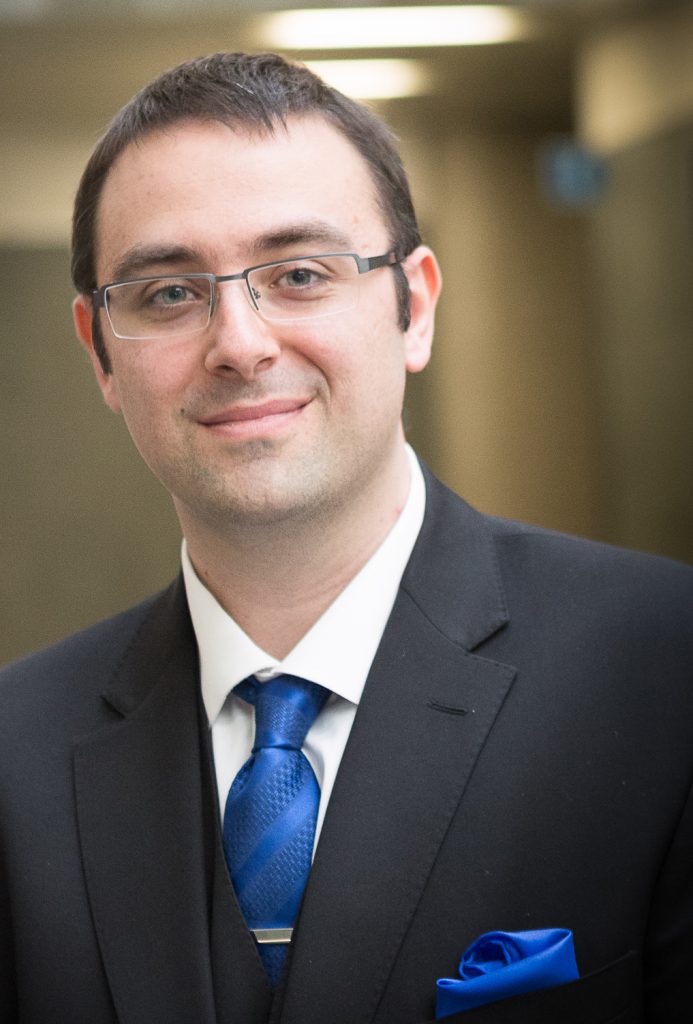 Antony Vincent, Ph.D. Postdoct INRS-Institut Armand-Frappier.
Antony Vincent, Ph.D. Postdoct INRS-Institut Armand-Frappier.
(Fellowship FRQNT-NSERC)
I did a PhD at Laval University under the supervision of Professor Steve J. Charette. During my doctoral studies, I investigated the genomic diversity of the pathogenic bacterium Aeromonas salmonicida. I solved several taxonomic ambiguities related to the taxonomy of A. salmonicida, highlighted the mechanisms of antibiotic resistance in this bacterium, and finally started paving the way for the development of phage therapy against furunculosis, the disease caused by A. salmonicida.
I continue to be interested in the evolution of bacteria, but now as a postdoctoral fellow in the laboratory of Professor Frédéric J. Veyrier at INRS-Institut Armand-Frappier. Specifically, I try to reveal through state-of-the-art tools, how and why certain bacteria adapt preferentially to certain hosts or environments. My main bacterial model is Leptospira, the etiological agent of leptospirosis. However, I am also exploring other bacteria, such as Mycobacterium and Neisseria, for certain characteristics.
Martin Chenal, M.Sc. PhD Student INRS Armand-Frappier Santé Biotechnologie.
A fter a bachelor’s degree in Molecular Microbiology and Immunology at Université de Montréal, I moved to Clermont-Ferrand in France to pursue a master’s degree in Biomedical Diagnosis, in a double-degree agreement between Université Clermont-Auvergne (UCA) and INRS. After a year in France that included a summer internship in Strasbourg working on HIV latency, I joinded the Veyrier lab as a M.Sc student.
fter a bachelor’s degree in Molecular Microbiology and Immunology at Université de Montréal, I moved to Clermont-Ferrand in France to pursue a master’s degree in Biomedical Diagnosis, in a double-degree agreement between Université Clermont-Auvergne (UCA) and INRS. After a year in France that included a summer internship in Strasbourg working on HIV latency, I joinded the Veyrier lab as a M.Sc student.
My research project, the characterization of an interesting hypothetical protein in N. meningitidis, quickly evolved into a complex but promising study that pushed me to stay and pursue a PhD in the Veyrier lab.
Eve Bernet, M.Sc. Student INRS-Institut Armand-Frappier.
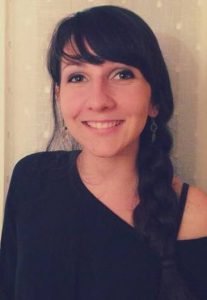 I started my studies with a DUT (Diplôme Universitaire de Technologie), equivalent to a Second Year of B.Sc degree in Applied Biology, at Université d’Auvergne. I then went on to do a B.Sc degree in Cellular Biology and Physiology from Université Blaise-Pascal in Clermont-Ferrand.
I started my studies with a DUT (Diplôme Universitaire de Technologie), equivalent to a Second Year of B.Sc degree in Applied Biology, at Université d’Auvergne. I then went on to do a B.Sc degree in Cellular Biology and Physiology from Université Blaise-Pascal in Clermont-Ferrand.
Now, I begin a double degree agreement between the M.Sc degree in Biomedical Diagnosis at Université Clermont-Auvergne, Clermont-Ferrand (France) and the M.Sc degree in experimental sciences of the health at INRS- Institut Armand Frappier, Laval (Québec).
Thanks to this formation, I will join Professor Veyrier’s lab as a M.Sc student. During this time, I will look for alternative ways to kill pathogenic bacteria of the Neisseria genus. Indeed, these kinds of bacteria have the ability to evolve quickly and allow them to become resistant to numerous antibiotics. That’s the reason why it’s essential to find a new way to kill these bacteria.
Sam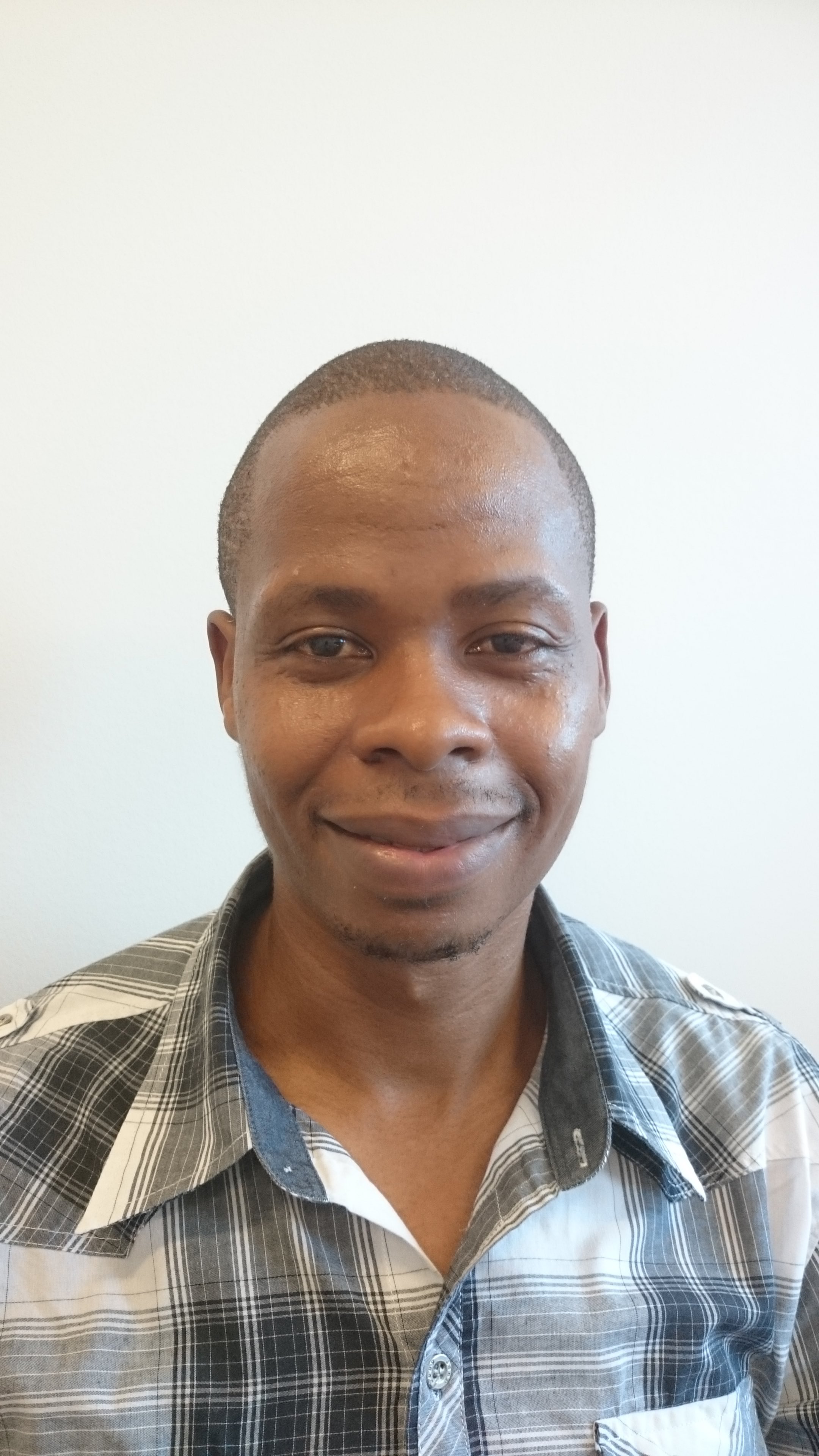 my Nyongesa, Ph.D. Student INRS-Institut Armand-Frappier.
my Nyongesa, Ph.D. Student INRS-Institut Armand-Frappier.
I hold an M.Sc degree in Medical Virology from Jomo Kenyatta University in Kenya. For 6 years I worked at Kenya Medical Research Institute (KEMRI)-Wellcome Trust programme as a research officer under professor Anthony Scott. Our research focus was on the etiology of pneumonia, with a particular interest in Streptococcus pneumoniae, Haemophilus influenzae, and the effect of bacterial-bacterial or bacterial-viral co-infections in pediatric pneumonia. We also studied the impact of 10-valent PCV on nasopharyngeal carriage of pneumococcus and invasive pneumococcal disease. I was in charge of the molecular microbiology laboratory; some of my key roles included setting up and performing different molecular assays relevant for our studies.
I am excited to join Prof Veyrier’s lab as a PhD student. Part of my study will look at the role of NGO1911 gene in the regulation of different Neisseria gonorrhoeae genes. The PhD experience under the supervision and mentorship of Prof Veyrier will give me the relevant theoretical and practical skills that will be important for my future career objectives in infectious disease research.
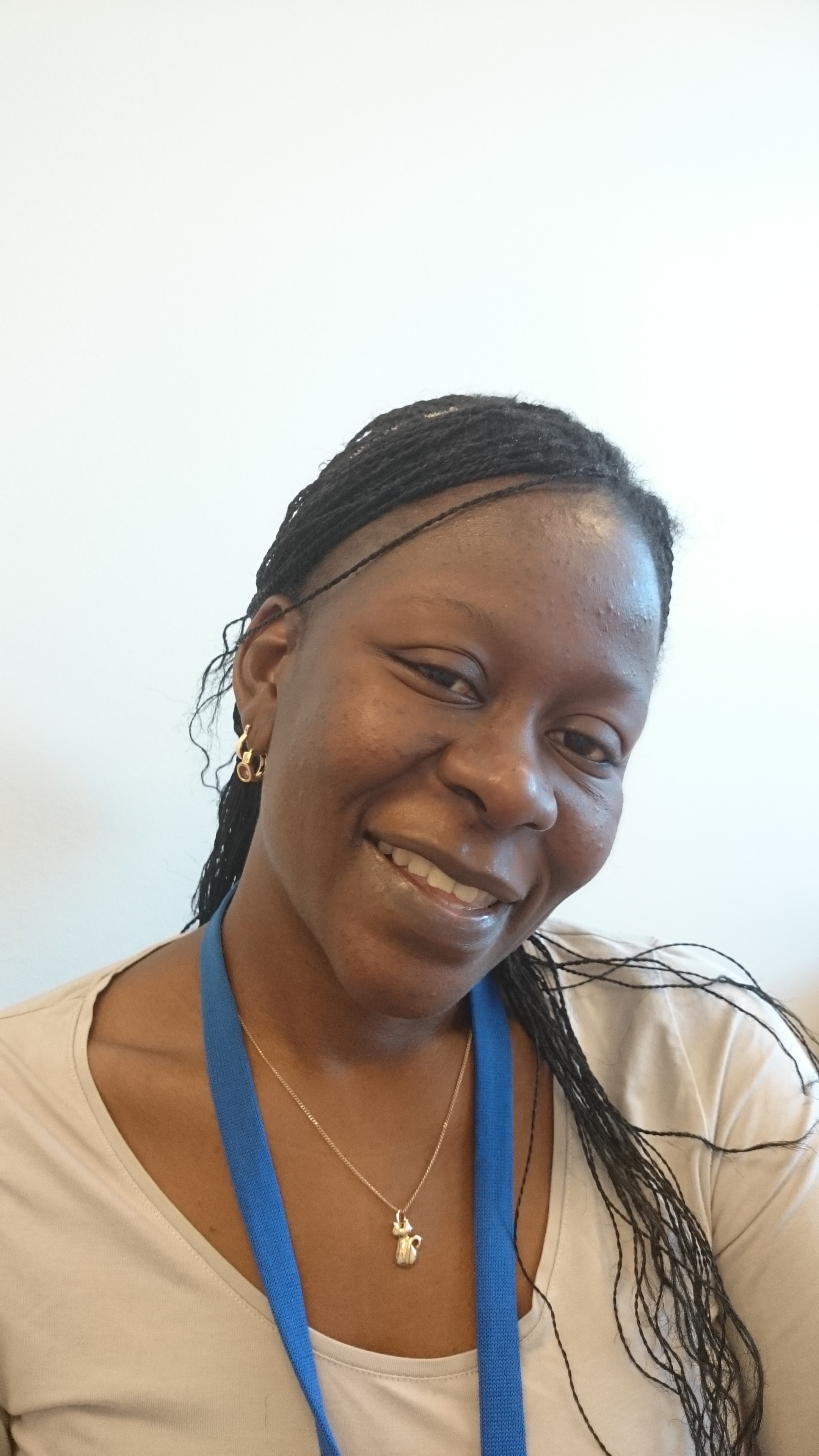 Marthe Lebughe, M.Sc. Student INRS-Institut Armand-Frappier.
Marthe Lebughe, M.Sc. Student INRS-Institut Armand-Frappier.
(Scholarship Programme canadien de bourses de la Francophonie (PCBF))
A physician since 2004, I was in charge of external and internal consultations of patients in the department of infectious and parasitic diseases. In order to grow my knowledge in these diseases, I joined Microbiology unit at the Clinic University of Kinshasa in 2009. I worked in the research center of emerging and re-emerging infectious diseases. I participated in several studies including surveillance of gastroenteritis Salmonella typhi; surveillance of other causes hemorrhagic fevers; on nasal carriage of Streptococcus pneumoniae after introduction of PVC-13 vaccine in 2015 and the epidemiology of staphylococci and staphylococcal infections in sub-Saharan Africa.
At my master, I am Interested in the research field of Frederic Veyrier in INRS-Institut Armand Frappier on nasopharyngeal flora, it operates by searching bacterial interactions in the nasopharyngeal microbiome where I would like to study her nasopharyngeal samples from the community of his country.
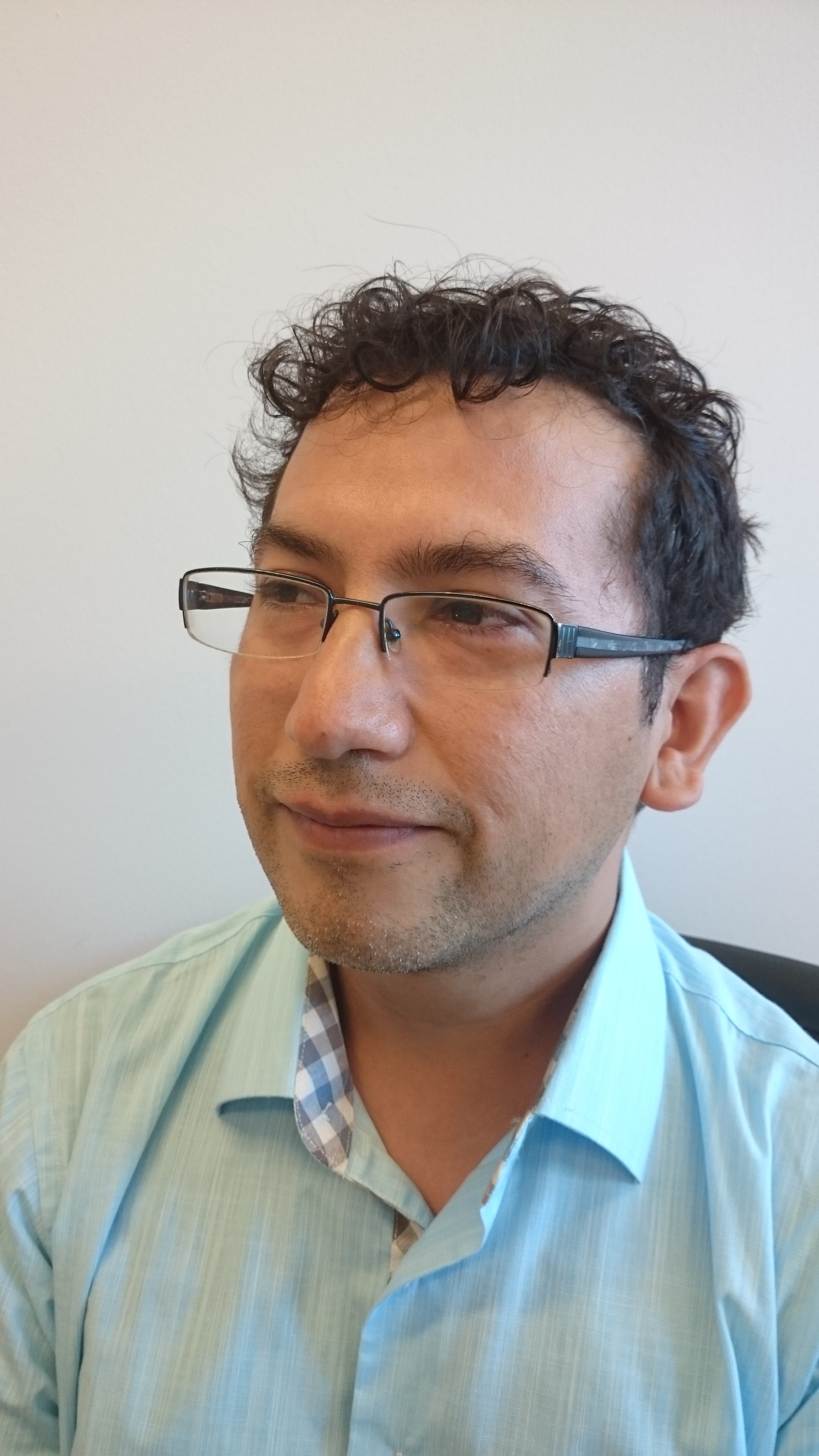 Juan Francisco Guerra Maldonado, Student in Bioinformatique (IAF6070/IAF6080), M.Sc. in Microbiology, INRS-Institut Armand-Frappier.
Juan Francisco Guerra Maldonado, Student in Bioinformatique (IAF6070/IAF6080), M.Sc. in Microbiology, INRS-Institut Armand-Frappier.
I always have loved the sciences. I like to surprise me, learn about the world and to apply the knowledge to help in the community. These reasons lead me to study chemistry in Colombia, biochemistry in France and bioinformatic here in Canada. Nowadays, I have the opportunity to do an internship in the Dr. Veyryer’s lab where I’m going to develop a feature for the MycoHIT program. I’m really happy to be here and I’m sure that it will be a great experience and the beginning of another step in my career.
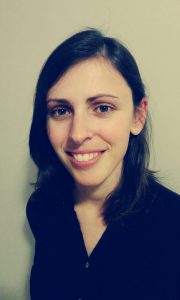 Cecilia Nieves, Ph.D. Student INRS-Institut Armand-Frappier.
Cecilia Nieves, Ph.D. Student INRS-Institut Armand-Frappier.
Cecilia Nieves has a degree in Biochemistry from the School of Sciences, University of the Republic, Uruguay. Recently, she obtained her master’s degree in Biological Science, conducted in the Dr. Buschiazzo’s lab of the Institut Pasteur of Montevideo (Uruguay). There, here studies were focused on the molecular, genomic and serological characterization of Leptospira isolates in that country, where the identity of the circulating strains was unknown. Cecilia has received a Doctoral Grant Calmette and Yersin, from Institut Pasteur of Paris to carry out her PhD studies in our lab, where she will seek to understand the mechanisms involved in the adaptation to the host from some particular bacterial models.